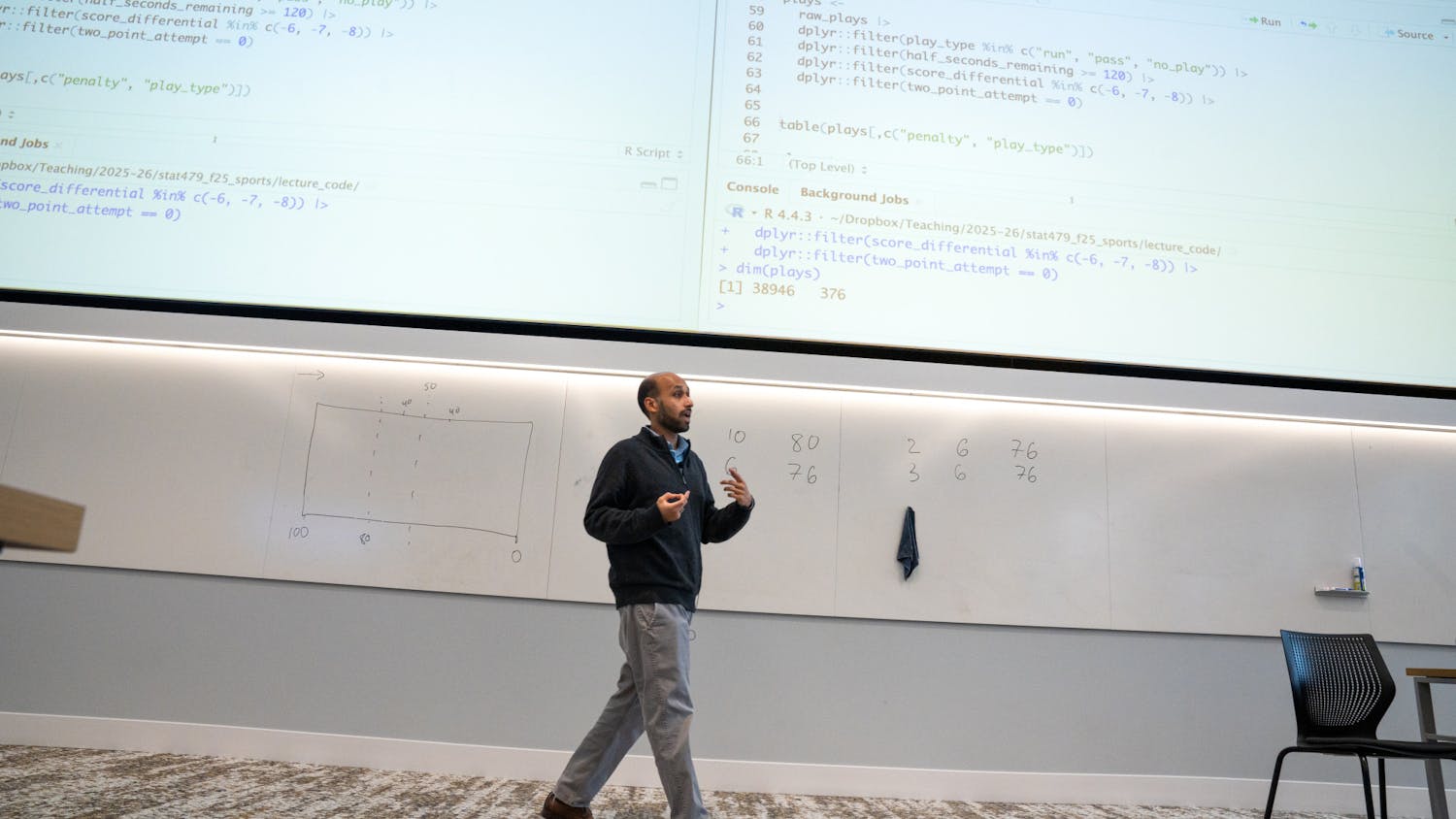Students nationwide are organizing events Wednesday to raise awareness of the Development, Relief and Education for Alien Minors Act. The DREAM Act is a federal immigration reform bill that, if passed, would create a path to legalization through a two-year college education or two years of military service for undocumented youth.
According to Cindy Breunig, a member of the Wisconsin immigrant advocacy group Voces de la Frontera, the nation's broken immigration system leaves almost no path to legalization for undocumented immigrants.
""The DREAM Act is a necessary policy change that we need to implement at the national level,"" Breunig said.
In the majority of cases, undocumented immigrants have either entered the country without valid documents or entered with valid visas that have now expired. According to UW-Madison community and environmental sociology professor Jill Harrison, a common misconception is that undocumented immigrants do not pay for social services. However, because unauthorized immigrants are often working with false documentation, they are paying payroll taxes.
""It's not that these people aren't paying for the services that they're using,"" Harrison said. ""It's that the federal government isn't routing that money back to the jurisdictions that actually end up supporting those services.""
According to Madison East High School guidance counselor Joe Nigh, the DREAM Act would be a good start to immigration reform because it would empower those granted residency to advocate for other immigrants. Nigh considers the DREAM Act social justice because immigrants would not be limited to what he calls ""slave jobs and slave wages.""
""Some people try to paint Latinos as people who come here to commit crimes,"" Nigh said. ""The truth is that they do all the dirty jobs nobody wants to do for substandard wages.""
Members of the Federation for American Immigration Reform, a national nonprofit organization that aims to improve border security, have opposed what they call the DREAM Act's ""amnesty for illegal aliens."" According to FAIR, the DREAM Act would provide an incentive for additional illegal immigration to the United States.
Vanessa Solis, legislative assistant for state Rep. Pedro Colon, D-Milwaukee, said Congress should pass the DREAM Act because it affects children and their educational opportunities.
""We have so many children falling through [gaps in the system] because we're not following through,"" Solis said. ""That's really difficult, especially when you see so many of these students' parents working extremely hard to make our economy go 'round.""
To be eligible for the DREAM Act, initially introduced in 2001, undocumented youth would need to have entered the country before the age of 16.
""It doesn't seem right to penalize children of immigrants for their parents' decisions,"" Harrison said.
Other requirements include graduating from high school or obtaining a GED, having good moral character with no criminal record and having at least five years of continuous presence in the United States.
If the DREAM Act were to pass, undocumented immigrant youth meeting those requirements would be granted conditional permanent residency, which is legal residency that allows students to legally drive, work and have access to federal aid. Conditional permanent residency is re-evaluated after six years. During the six-year period, the student would need to obtain a two-year college degree or complete two years of military service. After six years, their cases would be reviewed, and they would be granted unrestricted lawful permanent residency if they completed the college or military requirements without a criminal record. Students would then be eligible for U.S. citizenship through the naturalization process.
According to Colon, the DREAM Act has become an emergency issue. ""I think we're losing a lot of talent [and] losing a lot of participation every day that goes by,"" he said.






